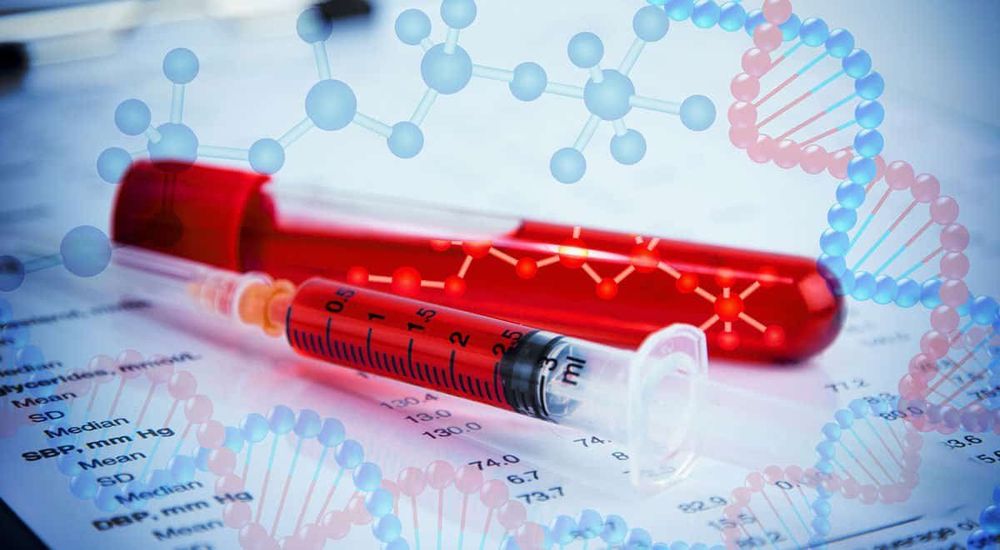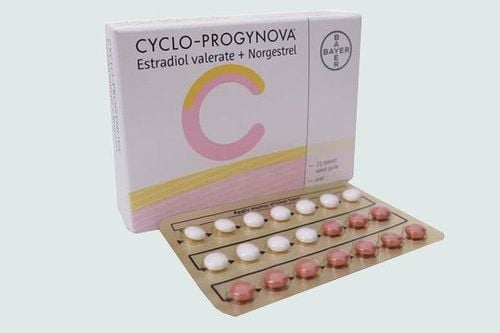The article is professionally consulted by Dr Nguyen Thi Man - Specialist I, Obstetrics and Gynecology Department, Vinmec Da Nang International General Hospital. Dr.Man has over 10 years of experience in diagnosing, consulting and treatment in the field of Obstetrics and Gynecology.
Typically, the menstrual fluid volume in a normal-amenorrheic woman ranges from 50-80 ml. However, many women experience hypermenorrhea following childbirth, with menstrual blood loss exceeding 80 ml. This condition is known as menorrhagia.
1. Is heavy menstrual bleeding dangerous?
Heavy menstrual bleeding, also known as menorrhagia, is a common menstrual disorder. In 2007, the National Institute for Health and Care Excellence (NICE) in the United Kingdom defined ” menorrhagia or heavy menstrual bleeding as excessive menstrual blood loss that affects a woman ‘s physical, emotional, social well-being, and quality of life. Menorrhagia can occur alone or may be accompanied by other symptoms.”
This definition of menorrhagia was later adopted by the International Federation of Gynecology and Obstetrics (FIGO) in 2011. The condition of heavy menstrual bleeding during the day can cause discomfort in daily activities, work, and studies. If left untreated, excessive menstrual blood loss can lead to iron-deficiency anemia. Therefore, early diagnosis and treatment are essential.
For women after childbirth, heavy menstrual bleeding can lead to symptoms such as paleness, fatigue, and frequent dizziness or headaches due to excessive blood loss.
2. Signs of heavy menstrual bleeding
In reality, it is very difficult to determine the exact amount of menstrual blood loss. Typically, the assessment is indirect, based on the impact on the patient’s general condition due to significant blood in cases of heavy menstrual bleeding, there are some recognizable signs, such as:
- The need to change sanitary pads frequently.
- Having to get up at midnight to change sanitary pads
- Excessive and continuous menstrual flow, with large blood clots
- Prolonged menstruation or menorrhagia (lasting more than 7 days)
- Dizziness and headaches due to significant blood loss
3. Causes of Heavy Menstrual Bleeding After Childbirth
Heavy menstrual bleeding may result from several causes including:
3.1 Hormonal Imbalance After Childbirth
The endometrium in the second half of the menstrual cycle undergoes ovulation (meaning both estrogen and progesterone have an effect during the cycle), leading to the formation of connections between the spiral arterioles and adjacent veins. Before menstruation, these arteriovenous connections dilate and then rupture, and the resulting blood is a mixture of arterial and venous blood, giving it a brown color. In an anovulatory cycle (no ovulation cycle), where only estrogen is present and progesterone is absent, these arteriovenous connections do not form. Instead, menstruation occurs due to the rupture of the spiral arterioles, resulting in heavier menstrual flow and bright red blood.
After childbirth, the hormones in the mother’s body have not yet stabilized. Prolactin levels increase to stimulate milk production, while progesterone and estrogen levels drop. When estrogen levels fall, the endometrium sheds, but the shedding is uneven, with some areas shedding while others regenerate. This directly affects the menstrual cycle, leading to menstrual irregularities, such as heavier or lighter periods after childbirth.
3.2 Heavy menstrual bleeding after childbirth as a symptom of other Gynecological conditions
Heavy menstrual bleeding after childbirth can be a symptom of several other gynecological conditions, such as endometritis (uterine lining inflammation), uterine fibroids - especially submucosal fibroids, which, even if small, can cause heavy menstrual bleeding.
In cases of an enlarged uterus or widespread fibrotic changes, heavy menstrual bleeding may also occur. As the muscle tissue in the uterus deteriorates and is replaced by fibrous tissue, the uterus loses its ability to contact effectively during menstruation. This reduces its ability to control bleeding, and as a result, blood vessels within the uterine muscle layer fail to constrict properly, leading to continuous and excessive bleeding.
3.3 Heavy menstrual bleeding after childbirth can also be a manifestation of another systemic condition

Conditions that cause coagulation disorders, such as hemophilia (bleeding disorder), hepatitis, liver failure. etc., can lead to heavy and prolonged menstrual bleeding.
Vascular dysfunctions and autonomic nervous system disorders, which impair the ability of blood vessels in the endometrial lining to constrict properly, can also cause irregular menstruation.
However it is important to differentiate heavy menstrual bleeding from other types of vaginal bleeding originating from the uterus or cervix that are not related to menstruation, such as:
- Uterine hemorrhage: bleeding due to miscarriage, molar pregnancy, necrotic uterine polyps, endometrial cancer, etc.
- Cervical hemorrhage: bleeding from necrotic cervical polyps, cervical cancer, cervicitis, cervical condyloma, etc.
- Vaginal hemorrhage: bleeding from vaginal cancer, vaginal trauma, vaginal ulcers, etc.
4. Is heavy menstrual bleeding after childbirth dangerous?
If left untreated, heavy menstrual bleeding can lead to some serious consequences, such as:
- Fatigue and pallor due to blood loss and anemia. In severe cases, it can even lead to coma and unconsciousness due to severe anemia, directly affecting daily activities.
- Increased risk of infections, as the frequent and prolonged use of sanitary pads creates a favorable environment for bacterial growth. Blood and used pads can promote the development of infractions, leading to gynecological infections.
5. What should be done for heavy menstrual bleeding after childbirth?
The goal of treating heavy menstrual bleeding is to address the underlying cause. Before treating heavy menstrual bleeding, the patient needs to undergo a full physical examination and gynecological evaluation to clearly identify the cause of the condition and assess the impact of heavy bleeding on health. It is essential to rule out cancer and other cases of abnormal vaginal bleeding that are not related to menstruation.
- If the heavy bleeding is caused by hormonal imbalances, dilation and curettage (D&C) may be performed, either medically or with instruments, in combination with the use of artificial menstrual cycles
- If the cause is endometritis, treatment for the inflammation should be initiated.
- If the heavy bleeding is due to submucosal fibroids or uterine fibroids, hysterectomy (removal of the uterus) may be considered.
- If the bleeding is related to underlying conditions such as coagulation disorders, liver dysfunction, or vascular dysfunction, treatment for these medical conditions should be prioritized. If conservative treatments are ineffective, hysterectomy may be considered
6. How to prevent heavy menstrual bleeding after childbirth

To prevent and reduce heavy menstrual bleeding after childbirth, it is important to:
- Balance hormones: Maintain a healthy lifestyle with adequate sleep, eat plenty of fruits and fiber, and limit the intake of cold foods or fats (as fats increase estrogen levels in the body).
- Engage in light physical activity, avoiding excessive work or intense exercise. Light exercises, such as yoga, are recommended to help regulate menstrual flow.
- Clean the intimate area regularly and change sanitary pads frequently during menstruation to prevent gynecological infections.
- Do not use or overuse hormonal medications without medical advice.
If you notice any abnormalities in the amount of menstrual blood or the duration of menstruation, it is important to visit a reputable healthcare facility or gynecology clinic for a consultation. A gynecologist will perform an examination, diagnose the issue, and determine the cause for timely treatment.
Vinmec International General Hospital currently offers a Basic Gynecological Screening Package to help customers detect gynecological conditions, including infections. Early screening for gynecological cancers (such as cervical cancer) is also available, making it easier and more cost-effective for treatment.
Vinmec International General Hospital is highly regarded in the field of obstetrics and gynecology, with a team of leading specialists nationwide who are not only skilled but also experienced. The hospital is equipped with advanced and modern medical facilities.
At Vinmec, patient privacy is always prioritized, and the hospital provides a respectful and comfortable environment, ensuring that women who need to discuss sensitive gynecological issues feel at ease.
To arrange an appointment, please call HOTLINE or make your reservation directly HERE. You may also download the MyVinmec app to schedule appointments faster and manage your reservations more conveniently.
















